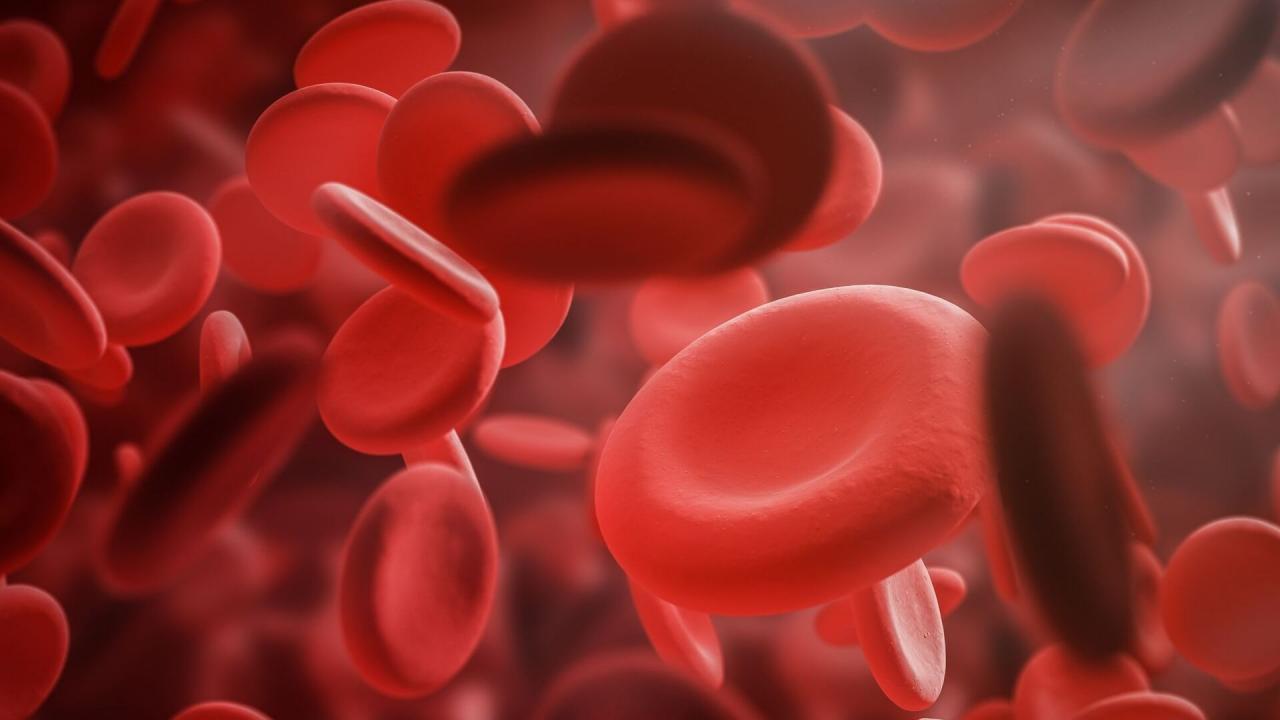 Photo: Getty Images
Photo: Getty Images
While these symptoms are often blamed on PMS, headaches, trouble concentrating, lack of energy and grumpiness might actually signal a different health problem: anemia. If anemia goes untreated, symptoms worsen. Fingernails may become more brittle, skin becomes pale, and just standing up can lead to lightheadedness. The good news is that, depending on its cause, anemia can be very easy to treat and just as easy to prevent in the first place.
Iron deficiency is the most common cause of anemia in the United States. Anemia occurs when the body has too few healthy red blood cells. Iron helps build red blood cells, allowing the blood to effectively move oxygen through the body.
In adults, iron deficiency anemia leads to fatigue that can negatively impact daily functioning. Any woman of childbearing age has a higher risk of becoming anemic because of blood loss through menstruation. This is particularly true if a woman has long, heavy or frequent periods. Pregnant women have a high risk of anemia because of their higher iron needs during the gestation period. Anemia is particularly dangerous during pregnancy, as it increases risk of premature birth or low birth weight. (Pregnant women age 31-50 need a recommended daily intake of 27 mg/day of iron, whereas non-pregnant women the same age require only 18 mg/day.)
Other groups at high risk for anemia are infants and children, people with food sensitivities or intestinal illnesses, those who frequently give blood and strict vegetarians. Any excessive bleeding can lead to anemia if the body loses more blood cells and iron than it is able to replace. Bleeding can occur as a result of certain types of cancer, peptic ulcers, or prolonged use of aspirin, ibuprofen or arthritis medications.
Another cause of iron deficiency anemia is decreased iron absorption. People with celiac disease or Crohn’s disease, as well as those who have had gastric bypass surgery often do not absorb enough iron through diet alone. Overuse of calcium-containing antacids also can decrease absorption of iron.
Sometimes dietary iron is simply not absorbed well enough. Heme iron, or iron from meat, poultry or fish, is absorbed much more efficiently than that from plant sources (non-heme iron). The latter includes, for example, spinach, some legumes and fortified breakfast cereals. Absorption of non-heme iron increases when these foods are eaten in conjunction with heme iron sources or vitamin C.
At the same time, there are foods and drinks that can actually decrease iron absorption. Tea or coffee, dairy products, whole grains and legumes can negatively impact the absorption of non-heme iron, and calcium can decrease absorption of heme iron as well. Still, according to the Centers for Disease Control and Prevention, this decreased absorption should not be problematic for people who eat a healthy, well-balanced diet.
Taking an iron supplement can help treat iron deficiency anemia, though it is advisable to get advice from a health care practitioner, who can help to determine the cause of the anemia.
The best preventative measure is a diet full of iron-rich foods, such as red meat, fish, poultry, egg yolks, legumes, nuts, whole grains, dried fruit, spinach, kale and other greens. Eating foods that aid in iron absorption is also helpful.
Sources:
"Iron deficiency anemia: MedlinePlus Medical Encyclopedia." National Library of Medicine - National Institutes of Health. Web. 4 Aug. 2011. http://www.nlm.nih.gov/medlineplus/ency/article/000584.htm
"Nutrition for Everyone: Basics: Iron and Iron Deficiency | DNPAO | CDC." Centers for Disease Control and Prevention. Web. 4 Aug. 2011. http://www.cdc.gov/nutrition/everyone/basics/vitamins/iron.html
Reviewed August 4, 2011
by Michele Blacksberg R.N.
Edited by Jody Smith






Add a CommentComments
There are no comments yet. Be the first one and get the conversation started!